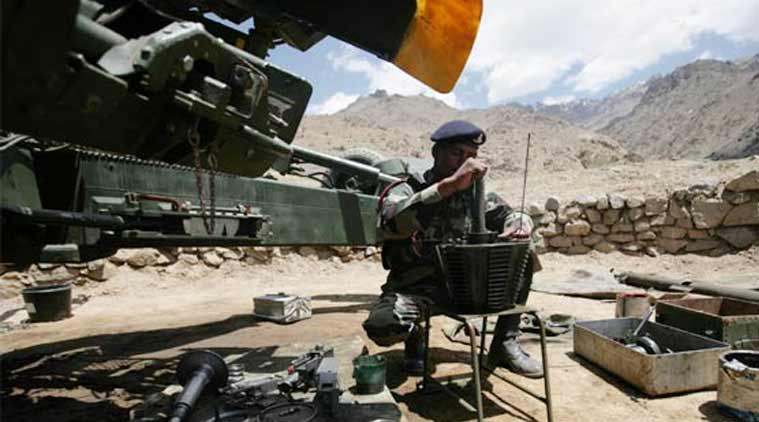- India
- International
Break from Bofors
Defence procurement process has focused obsessively on avoiding scandal. Revised policy must change this.
 Narendra Modi government instituted an expert committee to suggest revisions to the DPP.
Narendra Modi government instituted an expert committee to suggest revisions to the DPP.
No one has been convicted or any money recovered in the Bofors scandal that broke in the mid-1980s, but its ghost continues to hang over India’s defence procurement process. The fear of allegations of financial wrongdoing, and the dread of the three Cs — the CBI, CVC and CAG — have constrained political and bureaucratic decision-makers. The government drafted a Defence Procurement Policy (DPP) in 1992 that was comprehensively reviewed in 2002, and revised six times thereafter. Because the DPP is focused more on avoiding scandal and allegations, it has ended up creating a convoluted and complex process for defence procurement. The government’s stock response to any allegation of corruption — more pronounced under A.K. Antony, defence minister in the previous UPA government — has been to immediately blacklist the vendor, and order an inquiry. The inquiry is often delayed, with investigation hampered due to difficulties of access to crucial and credible evidence. The company continues to be blacklisted throughout the investigation. If the company is prosecuted and convicted, it is debarred from contracting with government agencies for 10 years. But such matters get stuck in a dysfunctional legal system and wrongdoers are rarely punished. Meanwhile, the acquisitions programme is held up, affecting the preparedness of the armed forces.
Earlier this year, the Narendra Modi government instituted an expert committee to suggest revisions to the DPP. The committee submitted its report to the defence minister last week, in which it is believed to have proposed alternative mechanisms instead of blacklisting defence manufacturers. One of the measures being considered by the committee is a negotiated resolution with the accused company. These models can be found in the UK and US, which use deferred prosecution agreements, in which investigating authorities can negotiate with accused companies to award heavy penal fines and reparations. In return, criminal prosecutions are suspended. But prosecution of individuals guilty of giving or taking bribes continues.
A negotiated settlement, though, cannot be a replacement for blacklisting, which would still need to be used as an instrument of last resort against erring companies. Because it involves changing about a dozen statutes, any proposal for creating a negotiated settlement framework will need the concurrence of the ministries of law and home. Negotiated resolution cannot be introduced in a vacuum. Like in the US, India would need a sentencing commission to lay down the framework for sentencing of companies by factoring in the economic impact of prosecution. It will also need a major overhaul of the criminal justice system to provide judicial oversight to negotiated settlements. The defence minister has often spoken of doing away with the automatic and indiscriminate blacklisting of companies. Now is the time for him to walk the talk by accepting alternative models used for wrongdoing mitigation, and reverse India’s self-defeating process of defence procurement.
EXPRESS OPINION
More Explained
Apr 26: Latest News
- 01
- 02
- 03
- 04
- 05


































